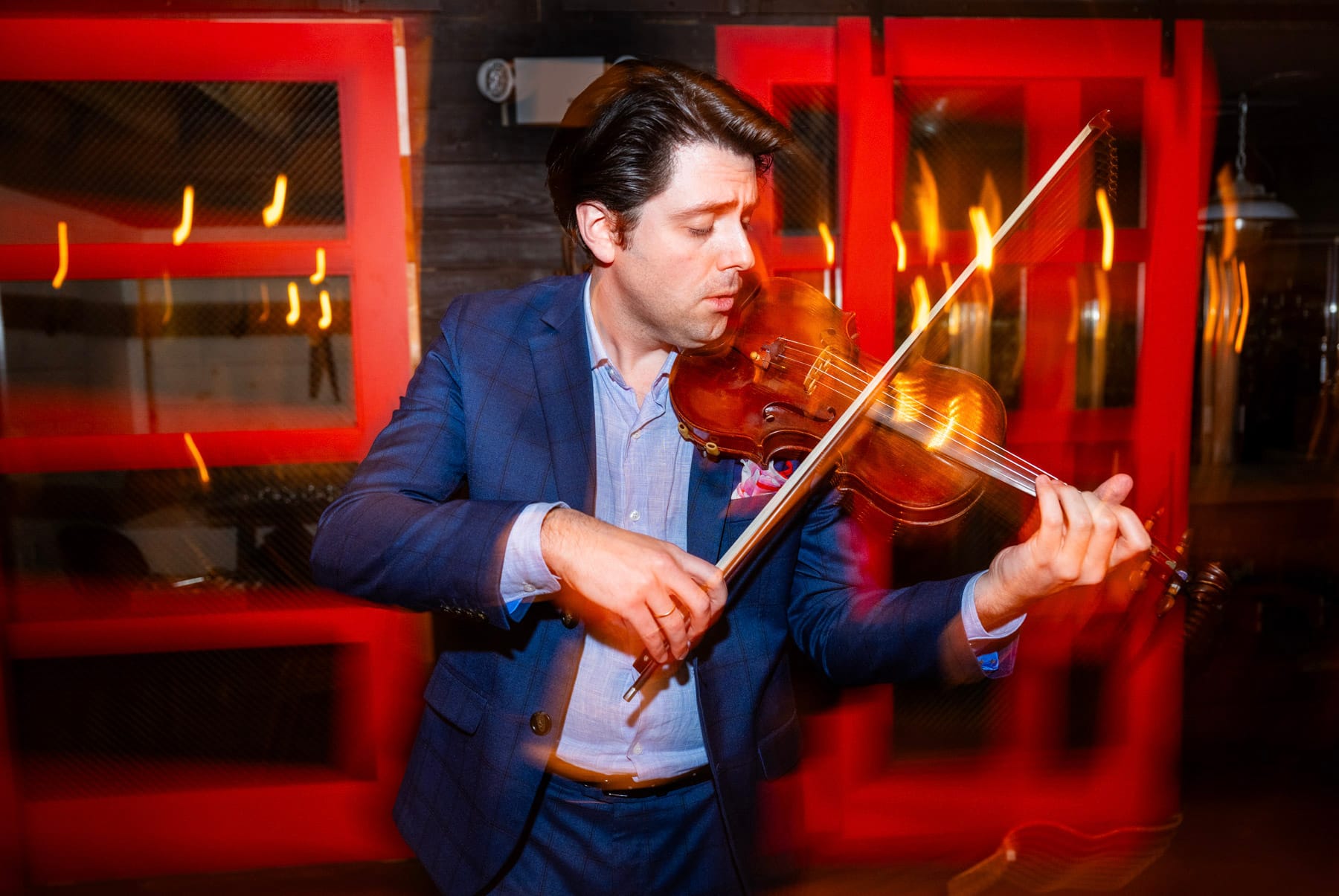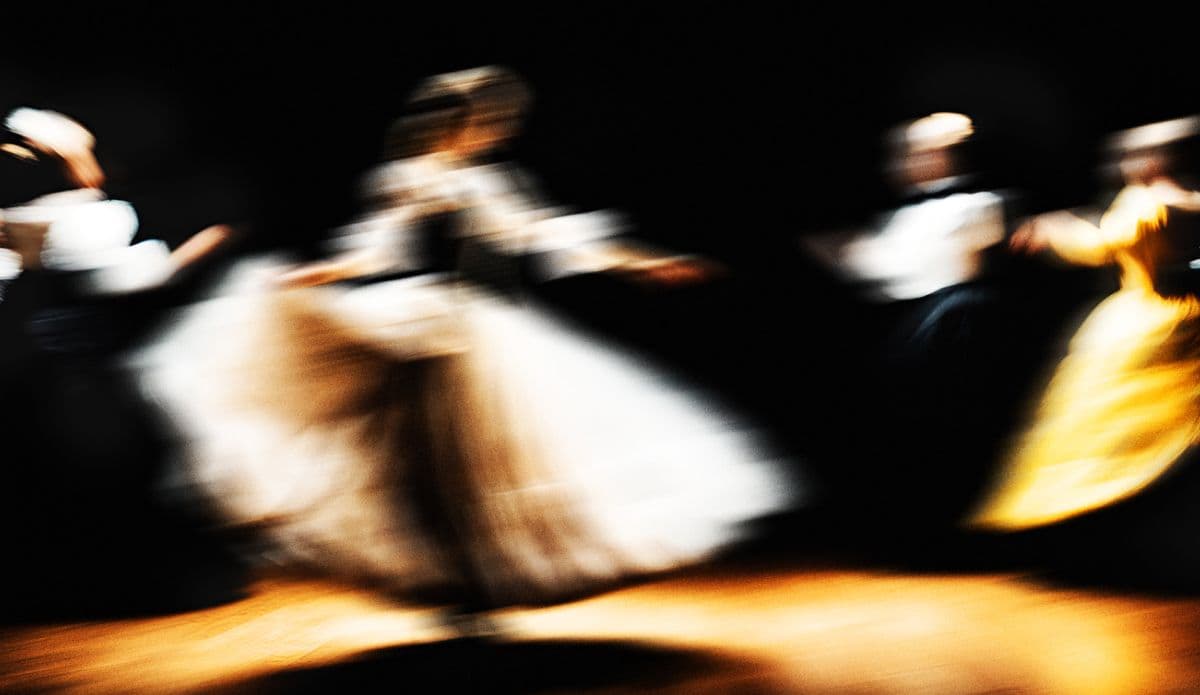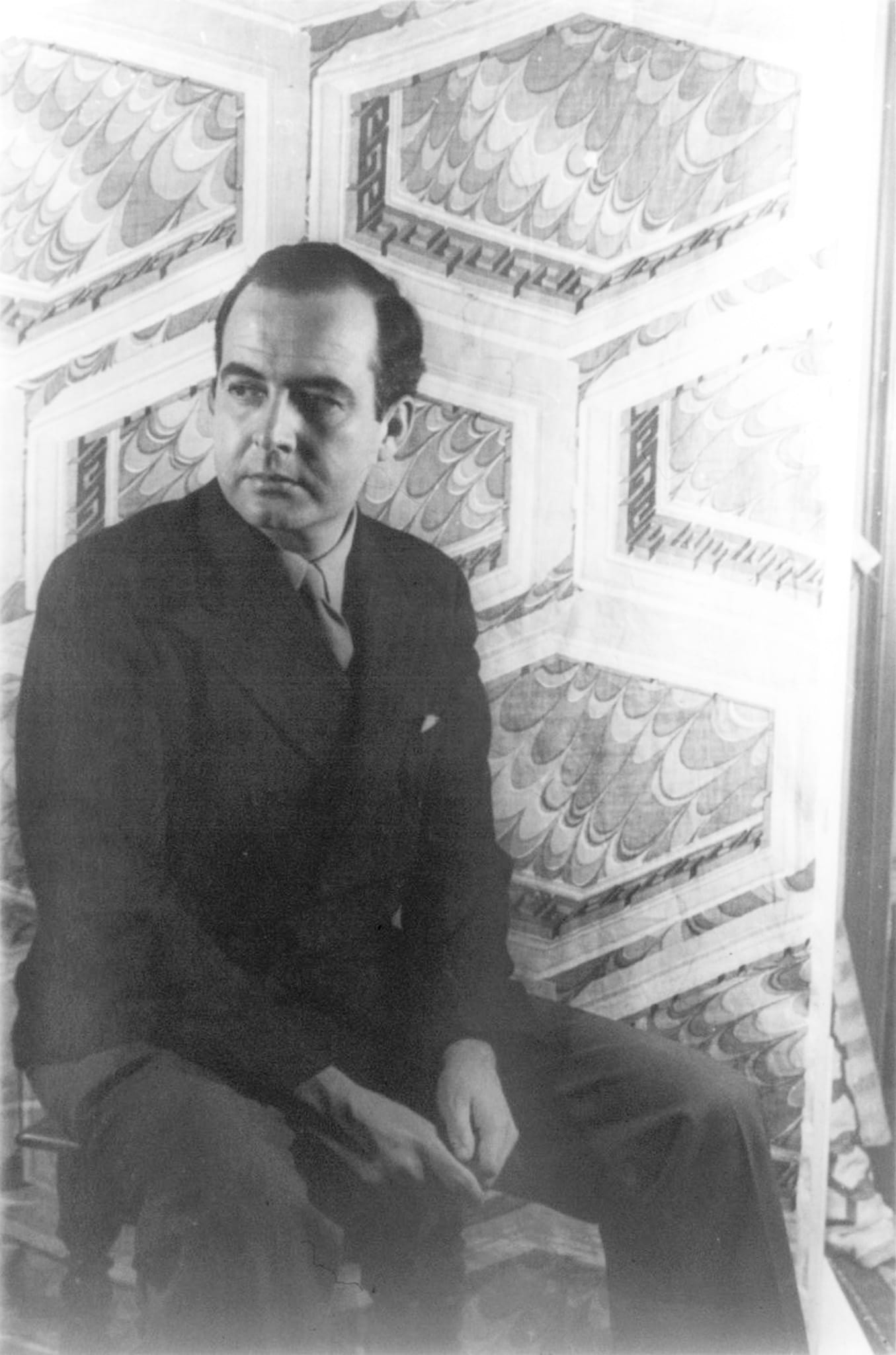
Williamstown connected with Jacob Ashworth about Vanessa, the Festival's first opera.
What initially drew you to Vanessa, and what continues to resonate with you about the piece?
Vanessa has been on our short list for years. The score is out of this world, up there with the greatest of all time. The singing is to die for. The characters are so alluring, dripping with mystery, begging us to look closer. And yet somehow, it has never been loved the way it could be. Why? Why isn’t it the Great American Opera? Or more critically, one of The Great Operas, period? It premiered 70 years ago — more recently than most of the public domain “classics” that we at Heartbeat love to play with, adapt, and reinvent — but has never returned to the heights of its Metropolitan Opera premiere and Pulitzer Prize.
When Williamstown asked us to think of a brand new title we’d want to adapt for this summer, they mentioned a Tennessee Williams tilt to their season. I immediately thought of Vanessa. The gothic vibes, the three generations of women, the high family drama, just even the atmosphere of the piece is thick with that special brand of American drama that is synonymous with Williams. Williamstown felt like the perfect place to strip Vanessa down to the essential characters, be inches from the audience, go for some radical choices in the adaptation, and bring this absolute barnburner of an opera to a new audience.
In your view, what role does opera play in today’s cultural landscape?
Opera today is both wonderfully and frustratingly the same as it has ever been. It is somehow the most unlikely, and yet the most inevitable of art forms. How could so many art forms come together to create one piece? Who would throw all the elements of theater together with all the elements of a symphony and then sell the same show to both the masses and the most aristocratic of the elites? And yet, who could resist? Of course someone has to take all the tools out of the bag and build the craziest thing imaginable. And that’s essentially opera. And so its appeal is endless, even if the packaging or the style or the price point vary in waves through the years. It’s that combination of “something for everyone” with the possibility, the pursuit, the vain hope that drives us all, of making the One Great Something for everyone. There’s always talk about opera dying, and lots of hand-wringing around the country about what to do. But Heartbeat audiences have doubled in the last two years and we keep doing more shows. The goal isn't just to keep doing opera, it’s to make it irresistible.
Why do you think Vanessa will resonate with Williamstown audiences?
If you think of opera as a great place to fall asleep while pretty music in a foreign language washes over you, you’ll get a shock from Vanessa. I cannot wait for audiences at Williamstown to head down the road to the Annex and hear their theater charged up with the power of these incredible singers, this wild and intoxicating score, and this madcap band.
What does it mean to you to direct the first opera in the history of Williamstown Theatre Festival?
It’s such an honor to be making history with the first ever opera at Williamstown. I’ve been hearing about Williamstown since I was a kid. My mom was an apprentice in the 70s, and I used to hear about her babysitting Gwyneth Paltrow for Blythe Danner, in between building sets and music directing cabarets. When Jeremy and Raph approached us, Jeremy had seen our work in New York, and he could see what we were doing. Opera and theater audiences can sometimes feel like they live across a great divide, but Heartbeat is pretty squarely a theater company that does opera. Being up at Williamstown is such proof of that. We want opera to be (shh—don’t tell the opera people) …as good as theater. That means no one goes to sleep in our shows. No one needs to know anything when they walk in. And the music is not this supreme sacred object, with story and acting shoved to the side. We love our directors, and as a music director my favorite challenge is supporting whatever wild ideas they have. We cast our singers for their acting as much as their singing, and together as a company we push the potential of how thrilling opera can be. I can’t wait for folks to see Vanessa and feel like it’s at once something totally unique in the festival and also satisfyingly chock full of all the pace, the specificity, and the electricity of the great American theater-making that Williamstown stands for.
How are you thinking about staging Vanessa in the more intimate setting of The Annex? What excites you about that space?
I love the idea of inaugurating the space with the full force of opera. And this is a fierce opera. With the audience on three sides, we already envelope these characters and create the strictures of their setting, focusing a microscope on the actors themselves. These three women are trapped, by their choices, by the expectations put upon them, by their own loneliness and failure to connect, to communicate, to express the wellsprings of love that each of them holds too deep and can’t let go. Vanessa is like a Hitchcock thriller, and in the Annex you’ll be right up close to catch every slightest expression. A monumental score and larger-than-life emotions playing out so close you can almost touch it. That’s what we love about Heartbeat shows, and the Annex is a perfect venue for it.

